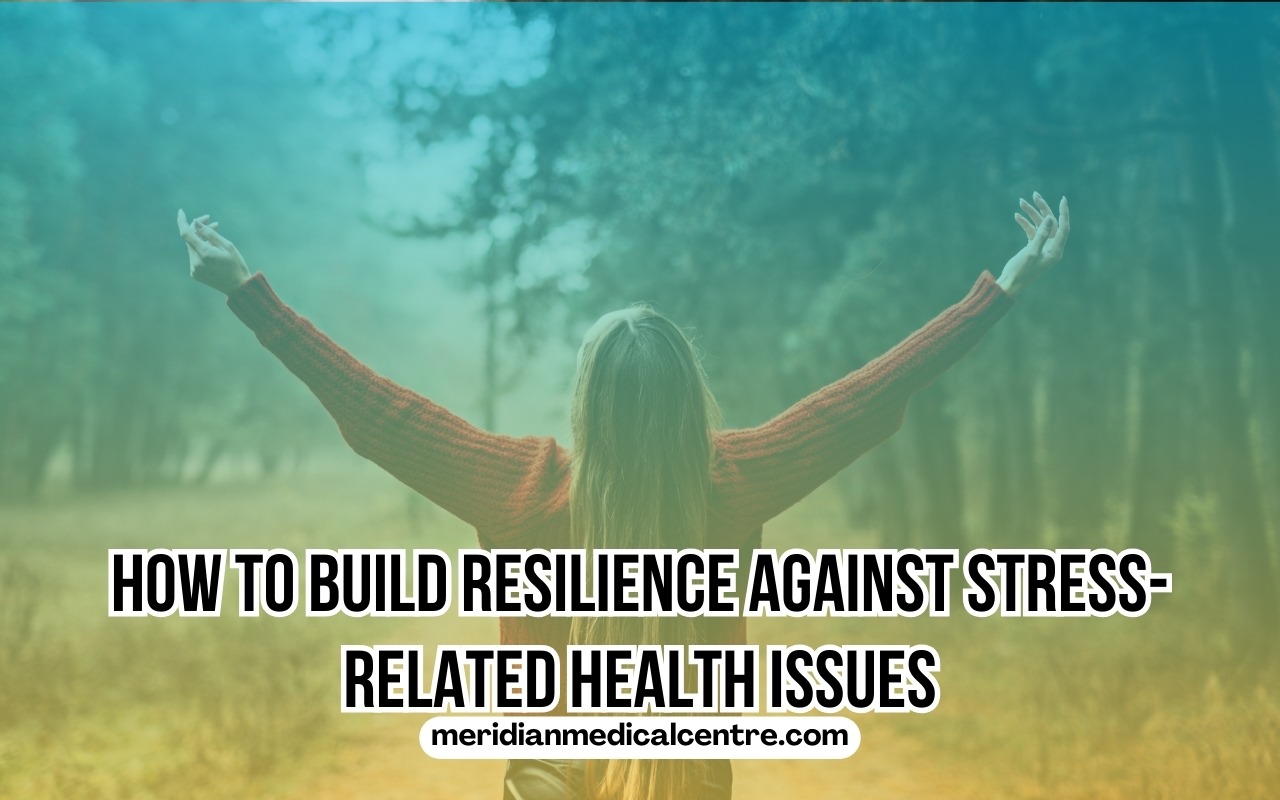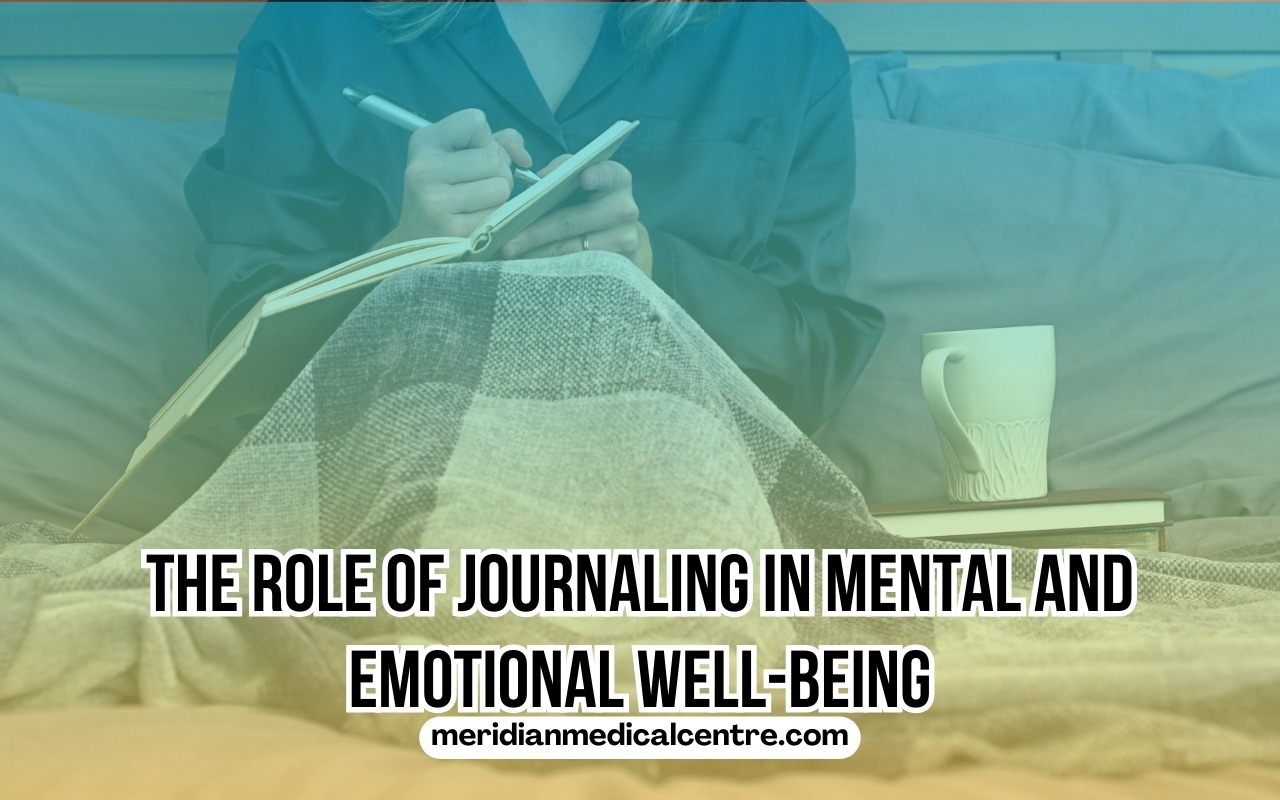Erectile Dysfunction (ED) is a common condition affecting millions of men globally. As a result, countless home remedies and quick fixes circulate online, promising solutions for this sensitive issue. One such viral trend is the “blue salt trick,” which claims to improve erectile function through the use of specific salts. But does the science support this claim, or is it just another internet myth? At TutelaMedical.com, our research team is dedicated to evidence-based wellness insights, and this article explores whether the blue salt trick has any real merit in the management of ED.
What Is the “Blue Salt Trick”?
The “blue salt trick” has surfaced in online health forums and social media, often associated with Persian blue salt or Hawaiian blue salt. Advocates suggest that these mineral-rich salts can enhance circulation and vascular health, leading to improved erectile function. The underlying theory is that these salts contain beneficial minerals like potassium and magnesium, which play a role in blood flow and nerve function.
However, despite these theoretical benefits, there is no scientific evidence supporting the idea that consuming or applying blue salt can directly treat ED. Below, we analyze the different types of blue salts and their mineral composition.
Types of Blue Salt and Their Properties
1. Persian Blue Salt
- Origin: Mined from salt deposits in Iran
- Mineral Content: High in potassium, calcium, and magnesium
- Uses: Primarily used as a finishing salt for culinary purposes
2. Hawaiian Blue Sea Salt
- Origin: Harvested from Pacific waters, often blended with volcanic minerals
- Mineral Content: Rich in electrolytes and trace elements
- Uses: Used in gourmet cooking and spa treatments
While these salts contain trace minerals that are essential for overall health, they are not clinically recognized as treatments for erectile dysfunction.
The Role of Minerals in Vascular Health and Erectile Function
Minerals such as magnesium, potassium, and calcium are crucial for cardiovascular health and proper nerve signaling. A deficiency in these minerals can contribute to poor circulation and endothelial dysfunction, which are linked to ED. However, no peer-reviewed studies indicate that blue salt specifically provides any therapeutic advantage over other dietary sources of these minerals.
Instead, clinically backed treatments for ED focus on improving vascular function through proven methods such as medication, lifestyle changes, and dietary modifications.
The Risks of Excessive Salt Consumption
Before experimenting with the “blue salt trick,” it's important to recognize that excessive salt intake can be harmful rather than beneficial. Too much sodium is associated with:
- Hypertension (high blood pressure), a major risk factor for ED
- Endothelial dysfunction, reducing nitric oxide availability for vasodilation
- Increased risk of heart disease, which is closely linked to erectile health
A balanced intake of essential minerals should come from a diverse diet rich in whole foods, not excessive salt consumption.
Science-Backed Alternatives for ED Management
If you’re looking for proven ways to address erectile dysfunction, consider these evidence-based strategies:
1. Cardiovascular Health & Exercise
Regular aerobic exercise (e.g., jogging, cycling, swimming) improves circulation, supports endothelial function, and enhances nitric oxide production, all of which are essential for healthy erectile function.
2. Dietary Adjustments
A diet rich in antioxidants, lean proteins, and heart-healthy fats (such as those found in the Mediterranean diet) has been shown to improve vascular health and support erectile function.
3. Medically Reviewed Supplements
- L-Arginine & Citrulline: Precursor to nitric oxide, a vasodilator
- Maca Root & Ginseng: Studied for their potential to enhance libido and stamina
- Horny Goat Weed (Epimedium): Contains icariin, which may support blood flow
4. Medications & Professional Treatment
Prescription medications such as PDE5 inhibitors (Viagra, Cialis) are clinically proven to enhance blood flow and improve erectile function. For men with hormonal imbalances, testosterone therapy under medical supervision may also be beneficial.
Final Verdict: Is the Blue Salt Trick Worth Trying?
While Persian and Hawaiian blue salts contain beneficial minerals, there is no scientific evidence supporting their use for treating ED. The “blue salt trick” appears to be an internet-driven myth rather than a credible medical solution.
For individuals dealing with erectile dysfunction, it is crucial to rely on data-driven, clinically supported treatments rather than unverified internet trends. TutelaMedical.com is committed to providing scientifically validated health insights, ensuring that individuals seeking solutions for ED have access to safe and effective strategies.
Take Action: Prioritize Evidence-Based Wellness
If you're looking for real solutions for ED, consult a qualified healthcare professional who can help identify the underlying causes and develop an effective treatment plan tailored to your needs. Remember, credible medical guidance is always the best route to optimizing both sexual and overall health.








